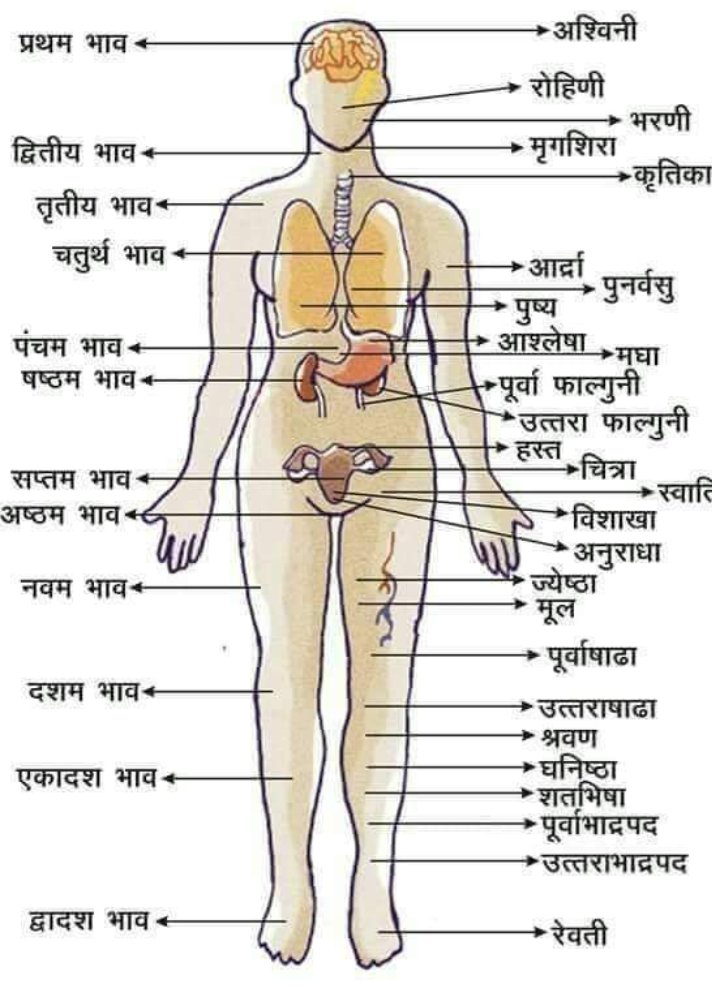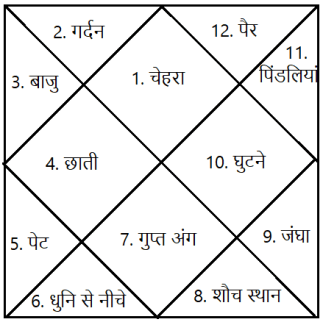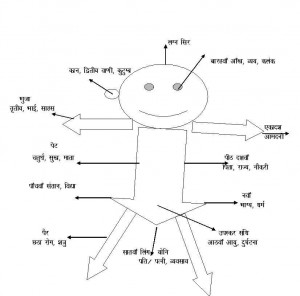Multiple friends have been reaching out lately, asking some version of "how did people get radicalized to such an extent?" and, more importantly, "why not us? why was I immune." As someone who's extremism in person, pretty much my whole life, here are some thoughts:
More from Life
Okay hope everyone having a lovely weekend. Lots of love today. Feeling very blessed 🥰 Going through NNOX tweets from last week. Time to compile threads and bring you highlights. No need to go digging old tweets if I do for you 🤗 FDA, Secondary, and 3P510k. Let’s review..
The NNOX news flow been exceptionally good. I tweet about Fear Uncertainty Doubt and how short sellers leverage friction in news flow to mine some of your gains. NNOX published Form F-1/A to remove friction. Investors have answers.
Form F-1/A Link:
Form F-1 is over 200 detailed pages. Very concentrated. Everything you need for rest of this month in the document. A few notes for you. NNOX FDA approval uses a third party review organization in 510k process. This is abbreviated to 3P510k.
I covered the 3P510K in thread here: https://t.co/w7zE882CVk
Reference to Eagle eyes: https://t.co/gT779MFX82
We discover in F-1 that 3P510K recommended clearance of Nanox Source. This triggers a 30 day timeline to approval by FDA. However ...
Look at you favorite broker news for NNOX. I look at 3 different broker none of them comment NNOX from 60 to 80 on news that 3P510k recommended FDA approve NNOX device. NNOX get a letter and slide 10% we get headline. But no headline for big pop 🤷♂️ that’s the friction.
The NNOX news flow been exceptionally good. I tweet about Fear Uncertainty Doubt and how short sellers leverage friction in news flow to mine some of your gains. NNOX published Form F-1/A to remove friction. Investors have answers.
Form F-1/A Link:
Form F-1 is over 200 detailed pages. Very concentrated. Everything you need for rest of this month in the document. A few notes for you. NNOX FDA approval uses a third party review organization in 510k process. This is abbreviated to 3P510k.
I covered the 3P510K in thread here: https://t.co/w7zE882CVk
Reference to Eagle eyes: https://t.co/gT779MFX82
We discover in F-1 that 3P510K recommended clearance of Nanox Source. This triggers a 30 day timeline to approval by FDA. However ...
Eagle-eyes \U0001f985 https://t.co/w1wF3Ysmt1
— Harvey \U0001f1fa\U0001f1f8 (@realharveymark) February 12, 2021
Look at you favorite broker news for NNOX. I look at 3 different broker none of them comment NNOX from 60 to 80 on news that 3P510k recommended FDA approve NNOX device. NNOX get a letter and slide 10% we get headline. But no headline for big pop 🤷♂️ that’s the friction.
You May Also Like
First thread of the year because I have time during MCO. As requested, a thread on the gods and spirits of Malay folk religion. Some are indigenous, some are of Indian origin, some have Islamic
Before I begin, it might be worth explaining the Malay conception of the spirit world. At its deepest level, Malay religious belief is animist. All living beings and even certain objects are said to have a soul. Natural phenomena are either controlled by or personified as spirits
Although these beings had to be respected, not all of them were powerful enough to be considered gods. Offerings would be made to the spirits that had greater influence on human life. Spells and incantations would invoke their
Two known examples of such elemental spirits that had god-like status are Raja Angin (king of the wind) and Mambang Tali Arus (spirit of river currents). There were undoubtedly many more which have been lost to time
Contact with ancient India brought the influence of Hinduism and Buddhism to SEA. What we now call Hinduism similarly developed in India out of native animism and the more formal Vedic tradition. This can be seen in the multitude of sacred animals and location-specific Hindu gods
i wonder if you can make a thread bout witchcraft in malaysia.. or list of our own local gods/deites..
— r a y a \U0001f319 (@lcvelylilith) February 20, 2020
Before I begin, it might be worth explaining the Malay conception of the spirit world. At its deepest level, Malay religious belief is animist. All living beings and even certain objects are said to have a soul. Natural phenomena are either controlled by or personified as spirits
Although these beings had to be respected, not all of them were powerful enough to be considered gods. Offerings would be made to the spirits that had greater influence on human life. Spells and incantations would invoke their
Animist ceremonies of a religious or magical nature were normally held for the purpose of divination or making a request. This would either be done at a keramat or at a shrine similar to the Thai spirit houses or Chinese roadside shrines pic.twitter.com/I1hliyi0x3
— \u2745\u1710\u170b\u1713\u170e (@uglyluhan) June 16, 2019
Two known examples of such elemental spirits that had god-like status are Raja Angin (king of the wind) and Mambang Tali Arus (spirit of river currents). There were undoubtedly many more which have been lost to time
Contact with ancient India brought the influence of Hinduism and Buddhism to SEA. What we now call Hinduism similarly developed in India out of native animism and the more formal Vedic tradition. This can be seen in the multitude of sacred animals and location-specific Hindu gods


















